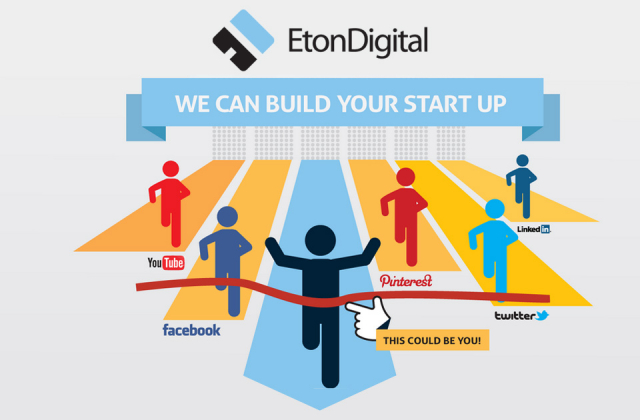Web 2.0 take-up across the business sector has continued to rise this year with more and more companies integrating features such as blogs, RSS feeds, Wikis and podcasts into their operations. However the use of some services is actually falling – and overall there still remain many who are reluctant to adopt such tools, often to their detriment. Question is; Why does scepticism still prevail over Web 2.0 in a business context?
(N.B. All data referred to is from a recent survey by management consultants, Mckinsey, who asked nearly 2,000 executives a range of questions concerning web 2.0 attitudes and practice).
With only roughly one-third of participating companies using blogs, RSS and Wikis (the most increasingly popular tools) it seems there is still a significant problem with perceptions of web 2.0 aspects among a lot of the business sector. Tools such as social networks have seen virtually no increase in business uptake between 2007 and 2008 (a meagre 1% rise), while services such as Peer-to-peer tools and mash-ups have seen a drop in usage.
Overall it seems fair to say that; unless understandings and perceptions of what is available and how it can be used are improved, web 2.0 tools seem likely to remain largely underused across the sector as whole.
Indeed nearly 30% of participating executives cited a scepticism about the potential financial returns of web 2.0, social networks and social networking apps as a factor in deciding not to use such tools. Perhaps this explains why uptake seems to often be peaking so far below even 50% despite the fact that most web 2.0 resources are actually both free and fast to implement. It strikes me as odd that so many are choosing to pass up these opportunities to improve at least some aspect of their operations.
One problem is possibly due to the quick pace of innovation in terms of what is available and how it can be relevant; high level managers often find that unless regular efforts are made to keep up with the potential solutions that are out there, it can be difficult to initiate web 2.0 integration into existing practices.
Another factor surely is a concern over efficiency and employee productivity. Statistics about the impact of Facebook and Myspace usage on the productivity levels of a workplace have been a media favourite for a few years now, so much so that we sometimes forget that such services can also help us do things quicker and better (and if this frees up a few minutes for online socialising it seems hardly a bad thing in terms of general employee motivation and satisfaction). The fact remains that in the case of those management staff for whom web 2.0 is a phrase synonymous with online time-wasting, the potential usefulness of RSS feeds or blogs will remain forever unknown.
Maybe its time web 2.0 was introduced more widely into the standard curriculum of management and business qualifications? After all, the relevance of such tools to most business practice means that gone are the days when IT could be the delegated entirely to a couple of geeks in the basement (fans of the ‘IT crowd’ sitcom will recognise this image…) Rather it seems web 2.0 awareness should be a standard aspect of the executive’s and, by extension, employee’s professional training. The amount of time required for such a development is far more modest than many imagine.
Often the financial rewards in using such tools are linked to more complex processes such as Search Engine Optimisation and it is understandable that the benefits of this are not immediately apparent to those for whom the concept is new. A brief outline of the processes of SEO, and the role blogs and RSS feeds can play should surely be considered an essential tutorial for any modern business team seeking to establish an online presence for their firm.
Gone are the days when non IT-related businesses could get away with using a website simply as a static info board, maybe hosting a few opening times or a phone number. The power and breadth of web 2.0 means that most companies have something to gain from these tools, and those that realise and seize this opportunity are increasingly emerging as the best performers in their particular business sector, both on and off-line



